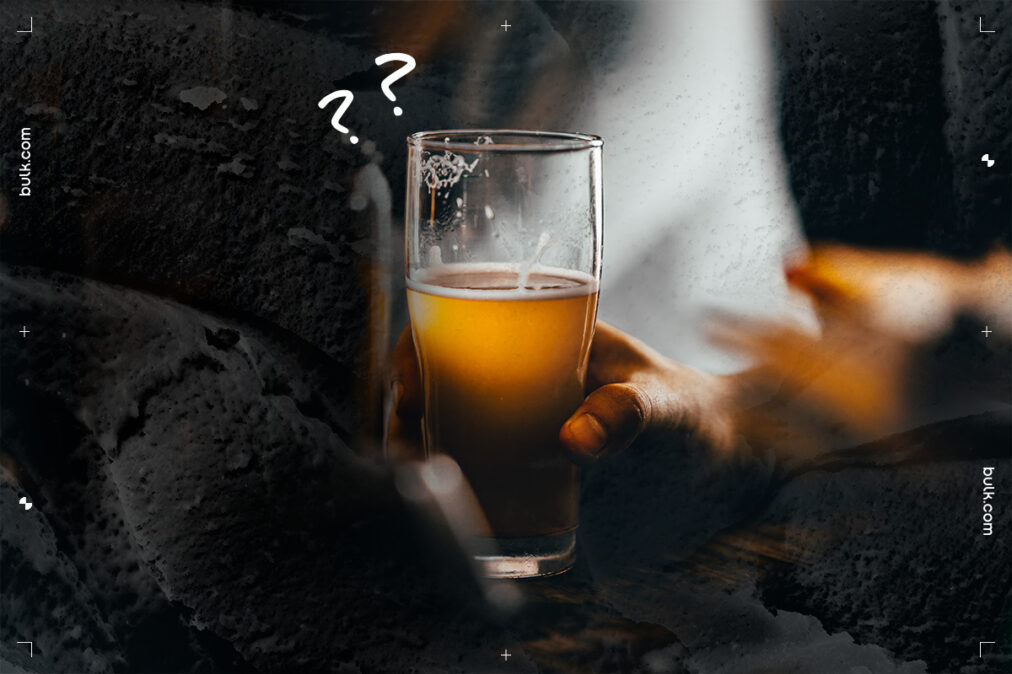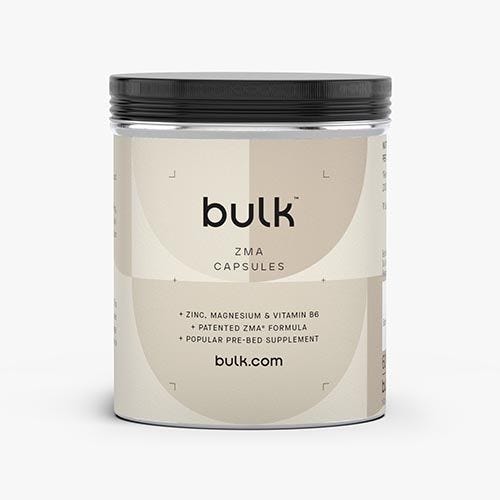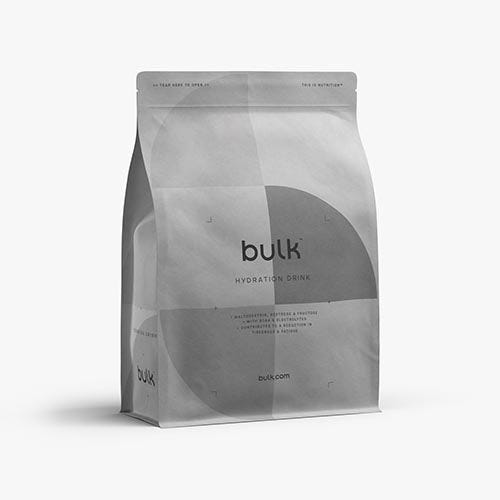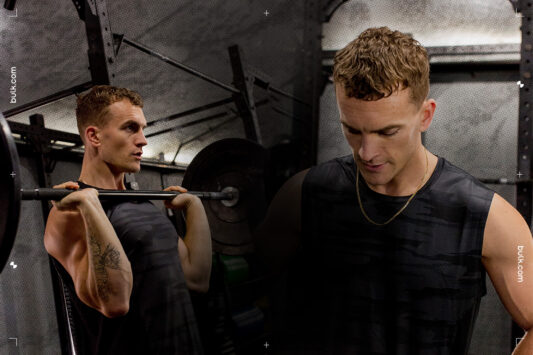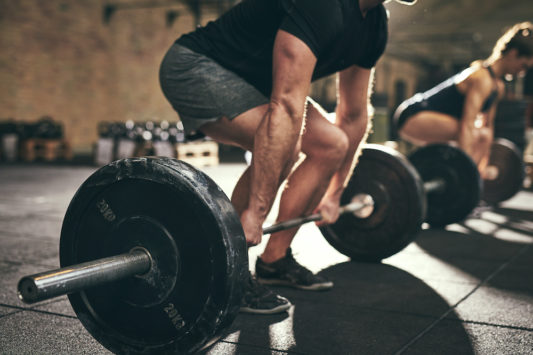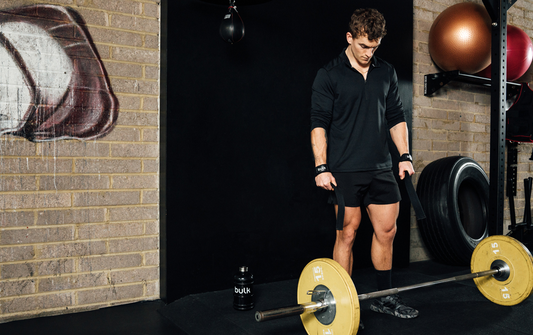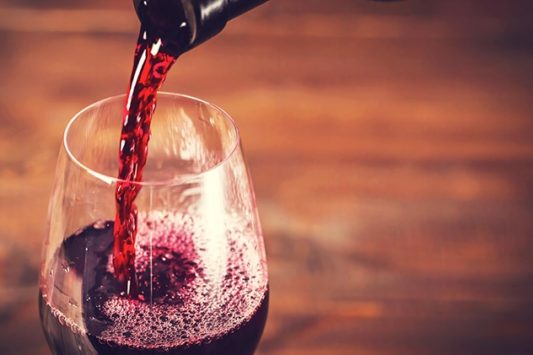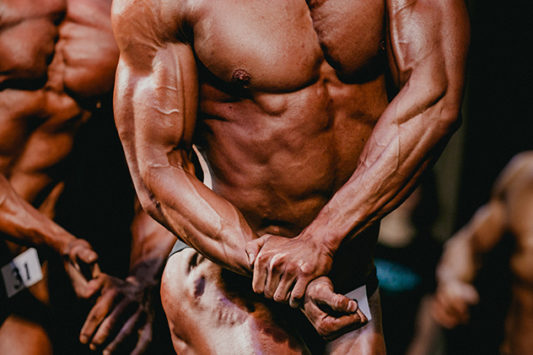Does alcohol actually kill gains? Or can we get away with having a couple of beers on occasion without risking our hard-earned muscle mass? How can we factor in a positive balance between drinking on occasion while avoiding jeopardising our physique goals?
These are questions often raised by the community, and it’s what we will be answering in this article. Read on to learn all you need to know about alcohol and muscle growth.
The principles of building muscle mass are often built around the implementation of positive habits and the reduction of bad ones. Some obvious ones include:
- Consistently weight training 3-4 times per week.
- Eating a balanced, varied diet while consistently consuming a slight surplus of calories to support muscle growth and adaptation.
- Getting good quality sleep, at least 7 hours per night.
- Maintaining adequate hydration levels.
However, some muscle-builders are sterner with their habits and rituals. One habit that’s often discussed by like-minded gym-goers is alcohol intake. We all have mates who can drink more than their fair share of adult beverages over the weekend while regularly attending the gym. But, in addition to the negative impact on overall health, to what extent does it affect muscle gains?
What happens when we drink alcohol?
Before we get stuck into the effects of alcohol on muscle growth, it’s important to note how alcohol is metabolised and how it affects our bodies in general.
Alcohol contains 7 calories per 1 gram. For context, protein and carbs have 4 calories per gram, and fat 9 calories per gram. When we drink alcohol, it travels to our liver where it is metabolised and quickly broken down into ethanol, which is a very toxic by-product. If we were cars that would be great, since 98% of gasoline contains ethanol. But we’re not. We’re humans. And the human metabolisation system doesn’t like digesting ethanol very much.
As a result, our bodies rush to metabolise the ethanol into less toxic by-products that can possibly be used for energy or otherwise, though alcohol tends to block the metabolic pathways that are responsible for energy production. This results in our bodies prioritising the breakdown of ethanol to get rid of the toxicity, thus not bothering to metabolise and break down our other energy-yielding nutrients.
So, alcohol interferes with our ability to properly digest our nutrients, particularly carbohydrates and fats. But does this impact muscle growth? The short answer is maybe.
Research has shown that alcohol intake may cause a set-back in our muscle gain goals by a few means:
- It reduces muscle protein synthesis, impairing muscle growth [1]
- It alters hormone levels
- It decreases our metabolism, thus affecting our ability to reduce body fat [2]
Let’s delve further into these points and see exactly how alcohol can affect our gains.
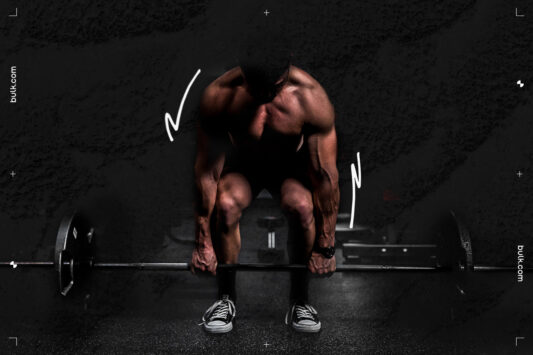
Alcohol causes a calorie surplus (without the benefit of extra nutrients)
If you’re wanting to achieve the highly sought-after bodybuilder’s physique, keeping an eye on your calorie intake is the most important thing you can do. Whether you want to strictly track calories or just simply keep a watchful eye on your food intake is your choice entirely, depending on what works best for you.
Though one thing we should all be mindful of when it comes to controlling our body weight is alcohol intake. It can be easy to get carried away with drinking, with one drink seamlessly leading into the next. When you intend to go out for one or two pints, or a glass of wine, you may suddenly find yourself veering down the ‘one more drink’ path.
We must keep referring back to the overall impact of excessive alcohol on health. But additionally, the average pint of 4% beer equates to roughly 180 calories. You’re looking at around 160 calories for a standard 175ml glass of 13% wine. We’ll let you add up the rest using the official Drinkaware calculator.
Dehydration
Alcohol is a diuretic, meaning it causes our body to remove fluids from your blood (through your renal system), at a much quicker rate than other liquids. Not drinking an adequate amount of water while drinking alcohol can cause you to become dehydrated.
This can be a nightmare for muscle growth and recovery. Maintaining good hydration levels, especially before, during and after exercise, is very important for optimising performance and transporting the nutrients your muscles need to support growth and recovery.
Decreased protein synthesis
Studies have shown that alcohol consumption can affect muscle protein synthesis (the process of building and repairing muscle) [3]. Though, these studies are often focused on the effects of drinking alcohol shortly after a resistance training session. Even when combined with optimal nutrition intake, alcohol can still prohibit protein synthesis, thus hindering muscle growth and slowing the recovery process.
Though it’s important to note that some findings have suggested that the more alcohol consumed, the more protein synthesis was suppressed. In one particular study, it was shown that protein synthesis was suppressed by 24% after consuming the equivalent of five beers, whereas there was no suppression after consuming around two beers [4]. That’s a massive quarter after five beers, but none after two.
So, next time you finish a resistance training session, or a team training session, give your muscles the best chance of growth by replenishing them with the right nutrition.
Lack of REM sleep
While alcohol can often make us feel relaxed and sometimes even a bit sleepy, it’s actually been shown to adversely affect our sleep. While it may seem easier to get to sleep after a few beverages, staying asleep is the main problem.
Sleep is absolutely essential for muscle recovery and tissue repair, and without adequate sleep, we’re simply unable to recover optimally.
Research has shown that alcohol disrupts our REM sleep (this is a deep sleep happens in intervals during the night and plays an important role in dreaming, memory, emotional processing, and healthy brain development), which means fatigue, drowsiness, and poor concentration throughout the day. This can make it hard to function in general, though this is even more prominent when trying to achieve a specific fitness or muscle-building goal.

Does alcohol really prevent muscle growth?
It will come as no surprise that alcohol intake does negatively impact muscle protein synthesis, energy production, sleep, and hydration levels (the essentials of optimal muscle growth and exercise performance). Again, excessive drinking has the most detrimental effect.. Finding a way to balance your social life with your training, dependent on your goals at the time, should be the priority.
How to avoid alcohol killing your muscle gains
If you do like the occasional tipple and want to practise caution when it comes to protecting your gains, here are some of our key recommendations for limiting the negative impact of alcohol on muscle gains:
- Limit consumption of alcohol altogether (for official guidance on units, visit this page at the NHS)
- Drink plenty of water.
- Consume low-calorie options to reduce the increased calorie intake associated with alcohol intake (vodka soda, light beers, etc).
- Ensure you’re still getting an early night after a few drinks, always prioritising sleep.
- Find a balance by factoring in your alcohol intake with your weekly calorie intake.
Related articles
Eager to learn more? We believe that every person, with support, has the right to transform their lives through fitness. That’s why we’ve put together hundreds of articles with expert advice, all to help you on your fitness journey. From the best supplements for muscle growth to how much protein your body can absorb, check out our relevant articles below:
What is Clear Whey Isolate? Whey isolate and whey protein difference
Protein shake before or after workout The benefits of liquid egg whites
Protein shakes for weight loss How much protein can your body absorb
Protein shakes with milk or water Build core strength
Best supplements for muscle growth When to drink protein shakes
